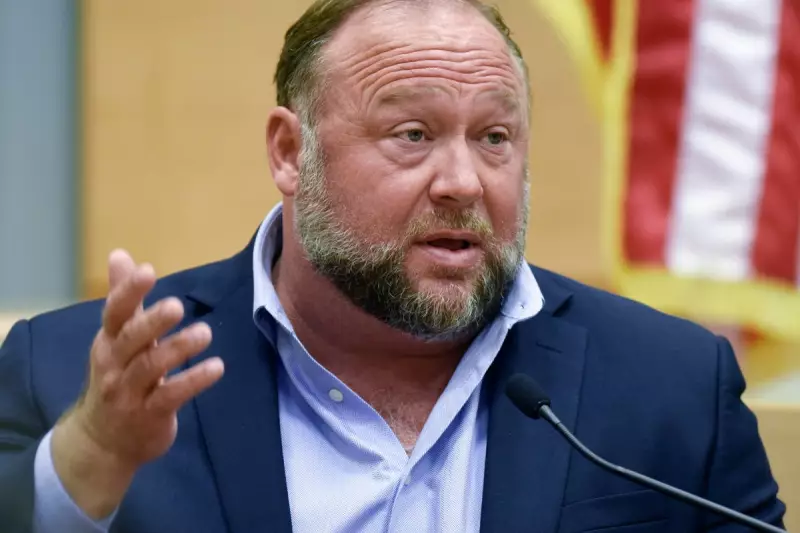
The US Supreme Court has slammed the final door on conspiracy theorist Alex Jones's legal battle, refusing to hear his appeal against a monumental £1.1 billion defamation judgment. This decisive move ends Jones's attempts to overturn penalties imposed for his false claims about the 2012 Sandy Hook Elementary School massacre.
The Point of No Return
Without comment or dissent, the nation's highest court let stand a Connecticut court's ruling that found Jones liable for repeatedly claiming the tragic shooting that killed 20 children and six staff members was a hoax. This marks the definitive conclusion to Jones's legal options in the landmark case.
A Campaign of Harassment
Court documents revealed how Jones's baseless allegations on his Infowars platform unleashed a torrent of abuse against grieving families. Parents of victims testified about being subjected to death threats, harassment, and malicious accusations from conspiracy theorists who believed Jones's fabricated narrative.
One parent described receiving voicemails claiming they were "crisis actors" and that their murdered child "never existed." The relentless campaign forced many families to relocate multiple times to escape the persecution.
Financial Reckoning Looms
While Jones has begun liquidating his personal assets through bankruptcy proceedings, the staggering judgment means most victims' families will likely recover only pennies on the pound. Legal experts suggest the case serves more as a symbolic victory than financial compensation.
"This was never about the money for our clients," explained Christopher Mattei, an attorney representing the families. "It was about establishing truth and accountability in an era where falsehoods can spread with devastating consequences."
A Warning to Purveyors of Misinformation
The Supreme Court's refusal to intervene sends a powerful message about the legal perils of spreading dangerous misinformation. Legal analysts note that while First Amendment protections remain robust, they don't shield those who knowingly propagate falsehoods causing demonstrable harm.
As one legal scholar observed, "The line between controversial opinion and defamatory falsehood has been clearly drawn in this watershed case."





